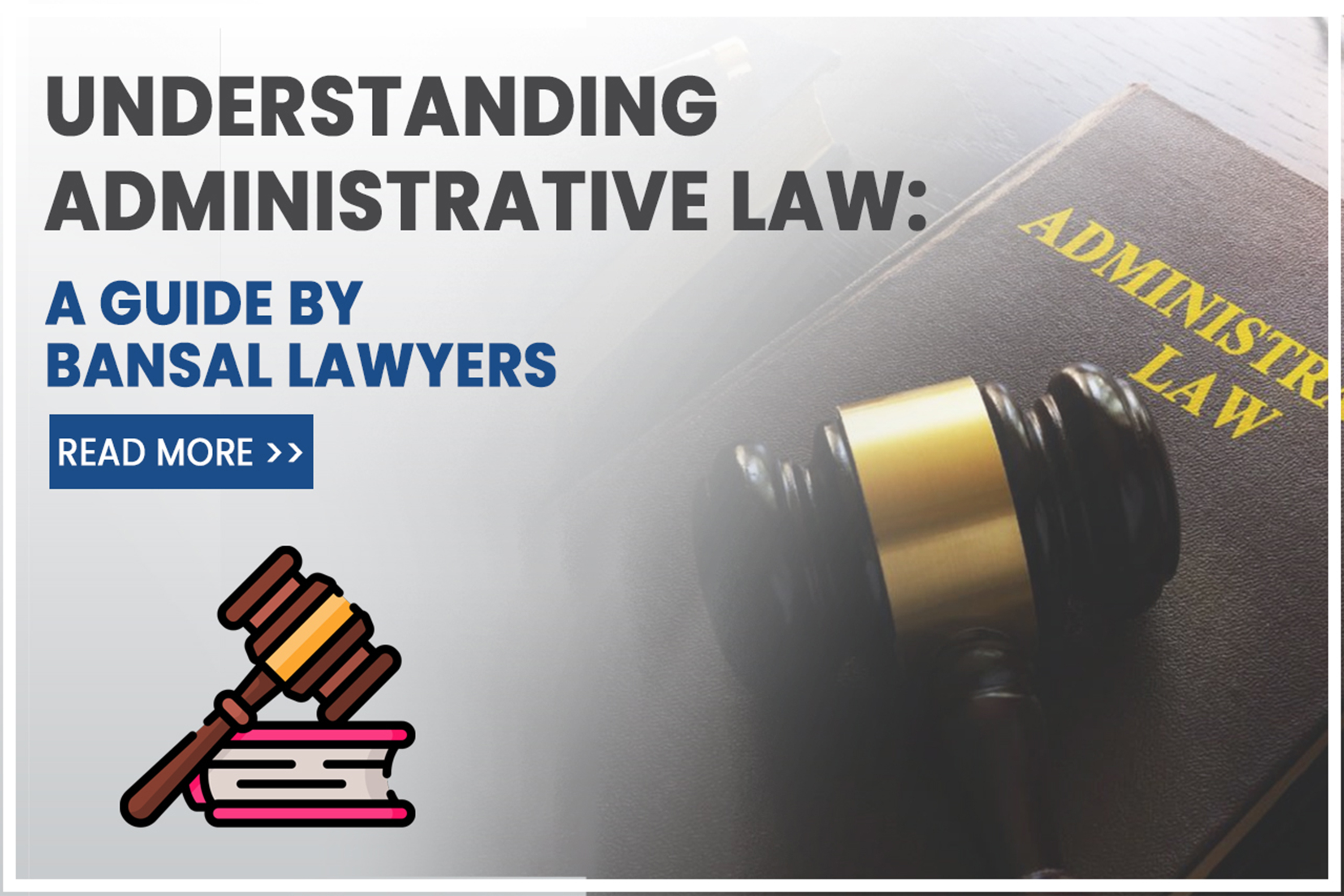Divorce Lawyers in Melbourne Australia – Complete Guide for Couple
Jan 31, 2026

Administrative law, often referred to as admin law, is a crucial branch of public law that governs how government agencies and officials make decisions and exercise their powers. It plays an essential role in ensuring that the actions of government institutions are transparent, accountable, and fair. Whether you are dealing with a government agency on an immigration matter, tax issue, or appeal to a tribunal, understanding administrative law is vital.
At Bansal Lawyers, we specialize in providing legal advice and support in various aspects of administrative law. Below, we outline what administrative law regulates, how it works, and how it promotes accountability in government decision-making.
Administrative law regulates the activities of the executive branch of the government. This branch includes government agencies and officials responsible for creating rules, making decisions, and enforcing laws. Specifically, administrative law focuses on:
Administrative law controls how government agencies and officials make decisions and exercise their powers. These powers are typically outlined in specific legislation and are known as "statutory functions." Agencies and officials are required to act within the scope of their statutory authority when making decisions, ensuring that they follow the law, respect individual rights, and act within their legal framework.
At its core, administrative law provides a system of checks and balances to ensure that government decisions are made in a fair, just, and accountable manner. This system helps prevent the abuse of power by government officials and institutions.
At the federal level, administrative law covers a wide range of issues, including but not limited to:
One of the primary functions of administrative law is to promote accountability in government decision-making. It ensures that government actions are:
To ensure these principles are upheld, administrative law provides several mechanisms for review, such as:
At Bansal Lawyers, we are committed to helping individuals and businesses navigate the complexities of administrative law. Whether you need assistance with a government-related issue, filing an appeal, or seeking judicial review, our team of experienced professionals can provide expert legal advice and representation.
We believe in upholding the principles of transparency, fairness, and accountability in all legal matters. If you have any questions about administrative law or need legal assistance, don’t hesitate to contact us for a consultation.
Last updated: Jul 09, 2025